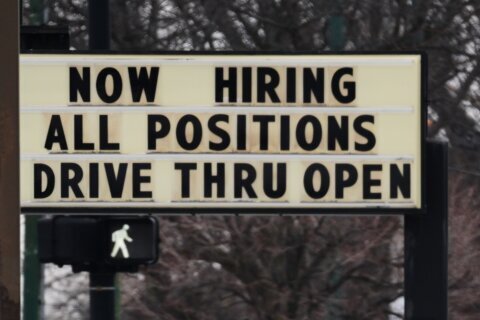WASHINGTON — What’s would happen to your portfolio if the United States faces a showdown with North Korea?
One expert who thinks about such things wants to make this very clear from the outset:
“We’ll have much bigger things to worry about if we go to war with North Korea,” said Mark Hulbert, the author of the Hulbert Financial Digest. “So it’s almost unbecoming, or even inappropriate, for us to be even be talking about what we should do with our portfolios.”
He added that ignoring your money during a geopolitical crisis is a good thing.
“It turns out that in this particular case, doing nothing with your portfolio is the right thing to do, anyway,” Hulbert said.
“The best advice in the face of a crisis is NOT to sell.
“The worst thing, almost all historians of the market will tell you, is to sell into a panic,” he said.
“The low that is set after a panic hits the market almost always is a good buying opportunity. So if you really want to be gutsy, you should go out and buy.”
The Chapel Hill, North Carolina-based analyst cited a study of 51 historical crises.
Ned Davis Research found that, more often than not, the stock market rebounds in fairly short order.
Hulbert said the best example of this in recent years is after the terror attacks on the Pentagon and the World Trade Center on Sept. 11, 2001, when the Dow Jones industrial average lost about 17 percent of its value in the five days after the attacks.
“Within six months, the Dow was higher than it was on September 10th,” he said. “People who ended up selling into the panic got 100 percent of the decline, and none of that recovery — because chances are they didn’t get back in until much later.”
Doing nothing may go against every investment instinct, but Hulbert said a big-time global crisis is the time to get your nose out of the computer screen.
“Think about it this way: If military conflict with North Korea does erupt, we help no one by compounding the crisis by doing something stupid in our portfolios,” he said.







